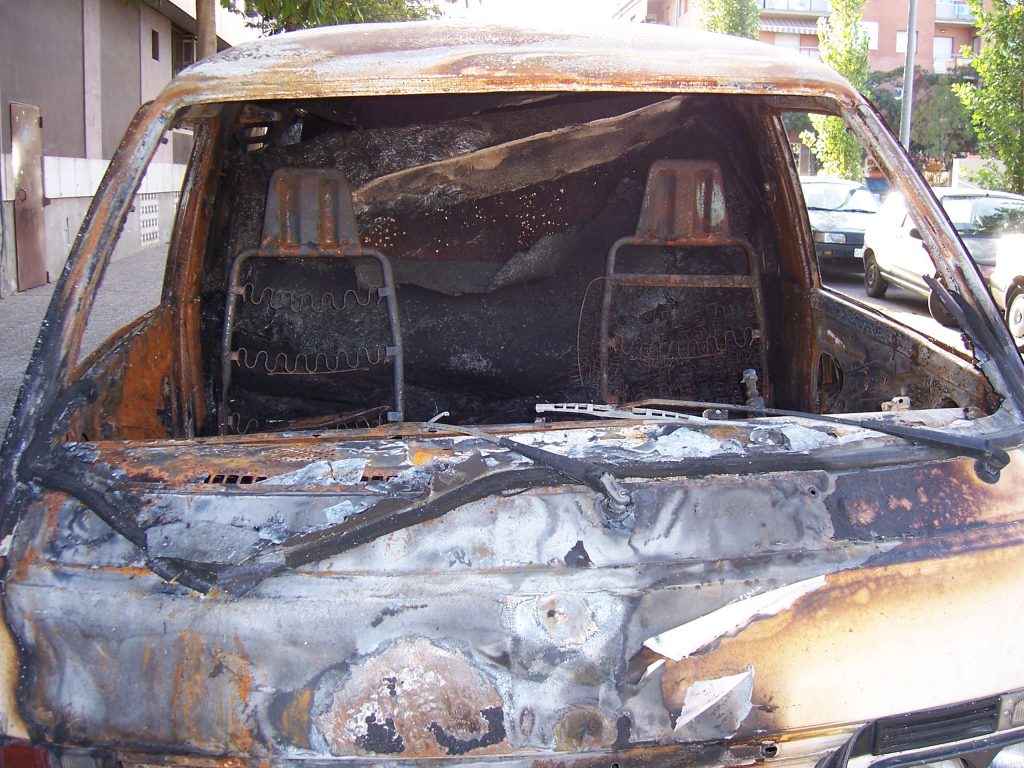 When insurance coverage doesn’t pay enough money to compensate a victim for injuries suffered in a car accident, underinsured motorist coverage exists to fill in the gaps. Louisiana law requires that insurance companies provide this coverage. La. R.S. 22:1295. Although this seems like a simple solution for undercovered individuals, many people are unaware that this type of insurance does not benefit every possible person who may be affected by a car accident; an insurance policy’s contract ultimately determines who and what the policy might cover. This common misperception was at issue in a case that arose in Caddo Parish.
When insurance coverage doesn’t pay enough money to compensate a victim for injuries suffered in a car accident, underinsured motorist coverage exists to fill in the gaps. Louisiana law requires that insurance companies provide this coverage. La. R.S. 22:1295. Although this seems like a simple solution for undercovered individuals, many people are unaware that this type of insurance does not benefit every possible person who may be affected by a car accident; an insurance policy’s contract ultimately determines who and what the policy might cover. This common misperception was at issue in a case that arose in Caddo Parish.
In Texas in 2013, Helen Stopak was killed in an automobile accident while riding in a car owned by one of her daughters. The driver’s insurance company (Safeco) paid $30,000 in benefits to her daughters, one of whom was Lori Marshall. Soon afterward, Mrs. Marshall attempted to claim underinsured motorist benefits from her own husband’s insurance policy provided by the Louisiana Farm Bureau Casualty Insurance Company (the Farm Bureau). She believed she was entitled to damages under her underinsured motorist insurance policy for wrongful death and for her own mental distress since her mother had been in an underinsured car. The Farm Bureau refused to pay and she sued. The trial court ruled in favor of the Farm Bureau. Mrs. Marshall appealed.
At issue in the Court of Appeal was whether Mrs. Marshall’s mother was insured under the policy. If so, the Farm Bureau would be obligated to pay out its benefits. Even if not specifically mentioned in the policy, the law requiring underinsured motorist coverage acts as if it is part of the insurance contract. Some insurance policies simply include the wording of the statute in order to provide underinsured motorist coverage. A contract can, however, provide for exceptions to these payments, such as not extending it to people or cars not actually under the policy. Lafleur v. Fidelity & Casualty Co. of New York, 385 So.2d 1241 (La. Ct. App. 1980).
 Louisiana Personal Injury Lawyer Blog
Louisiana Personal Injury Lawyer Blog


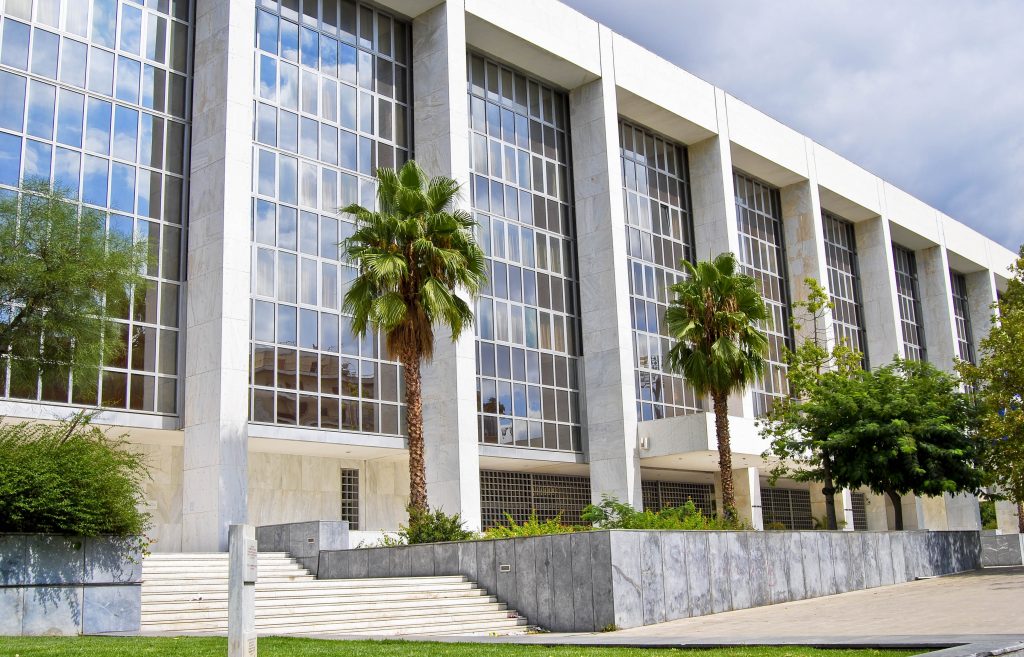 Uninsured motorist (UM) liability coverage is additional coverage that can pay for injuries to individuals protected under your policy, including family members in other cars and passengers in your insured cars, resulting from a car accident caused by an uninsured driver. However, this additional coverage can be modified or inapplicable if the insured decides to reject coverage, select lower limits, or select economic-only coverage, which would only cover costs, not non-monetary damages, such as pain and suffering or quality of life damages. UM coverage is also part of most businesses insurance policies. All of these options allow for insurance policies to be flexible, and whatever a policy stipulates is what it will cover, but as a case that arose in the Parish of St. Landry shows, writing and reading an insurance policy isn’t always straight-forward.
Uninsured motorist (UM) liability coverage is additional coverage that can pay for injuries to individuals protected under your policy, including family members in other cars and passengers in your insured cars, resulting from a car accident caused by an uninsured driver. However, this additional coverage can be modified or inapplicable if the insured decides to reject coverage, select lower limits, or select economic-only coverage, which would only cover costs, not non-monetary damages, such as pain and suffering or quality of life damages. UM coverage is also part of most businesses insurance policies. All of these options allow for insurance policies to be flexible, and whatever a policy stipulates is what it will cover, but as a case that arose in the Parish of St. Landry shows, writing and reading an insurance policy isn’t always straight-forward. 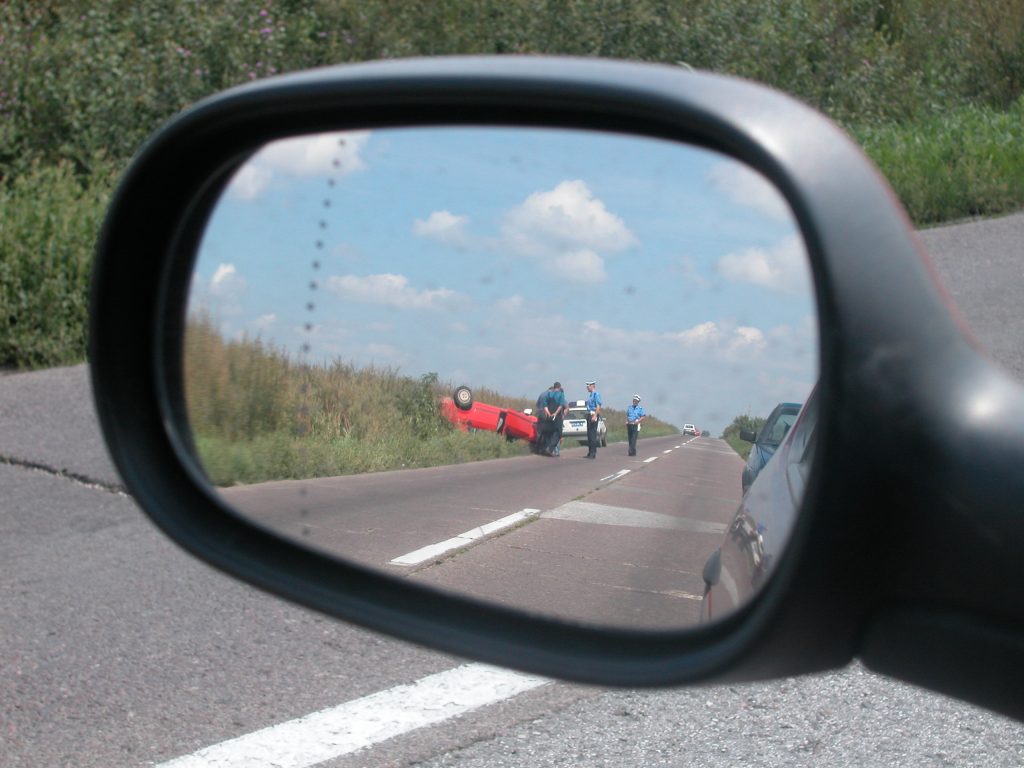 After a motor vehicle collision occurs, a court will assign each driver involved a standard of care they were required to maintain. Drivers under Louisiana law are usually subject to ordinary care when driving their vehicle. However, under the law, certain motorists are held to a higher standard or are favored to have less liability if an accident occurs. This differentiation in standards was recently highlighted when a garbage truck was hit by a pickup driving on a three-lane road while pulling out of a Burger King exit.
After a motor vehicle collision occurs, a court will assign each driver involved a standard of care they were required to maintain. Drivers under Louisiana law are usually subject to ordinary care when driving their vehicle. However, under the law, certain motorists are held to a higher standard or are favored to have less liability if an accident occurs. This differentiation in standards was recently highlighted when a garbage truck was hit by a pickup driving on a three-lane road while pulling out of a Burger King exit.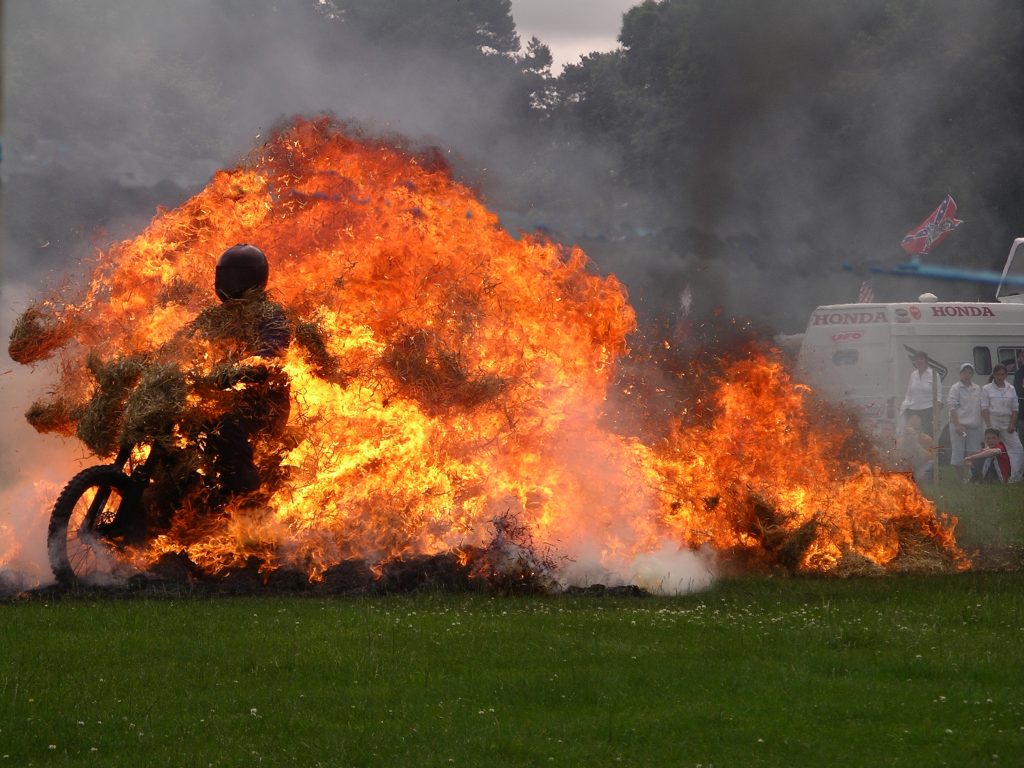 Suffering through an accident is bad enough, but dealing with the aftermath of that accident can be even worse without the help of a great attorney. An often overlooked but critical step in dealing with the consequences of an accident is deciding who to include or exclude from a release, which is a contractual agreement in which one party agrees to give up their right to bring a claim against another party. As Trena and Thomas Garrison learned after their accident in Baton Rouge, a small oversight on a seemingly standard release could result in a substantial loss of potential recovery.
Suffering through an accident is bad enough, but dealing with the aftermath of that accident can be even worse without the help of a great attorney. An often overlooked but critical step in dealing with the consequences of an accident is deciding who to include or exclude from a release, which is a contractual agreement in which one party agrees to give up their right to bring a claim against another party. As Trena and Thomas Garrison learned after their accident in Baton Rouge, a small oversight on a seemingly standard release could result in a substantial loss of potential recovery. 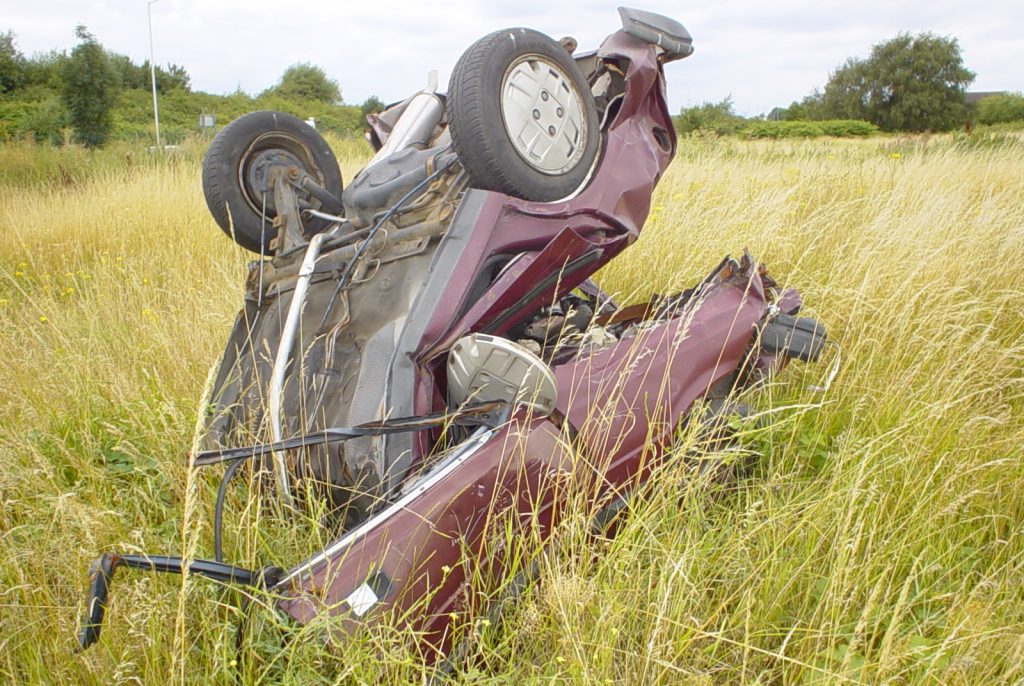 In nearly every case of injury to person or property, there is a time period during which you can bring a lawsuit. When that time period ends is determined by statute. Defendants in cases where the time has past may bring an exception of prescription to have these cases dismissed. But how many times and when the exception of prescription may be raised is an issue that took center stage in an automobile accident case from Jefferson Parish.
In nearly every case of injury to person or property, there is a time period during which you can bring a lawsuit. When that time period ends is determined by statute. Defendants in cases where the time has past may bring an exception of prescription to have these cases dismissed. But how many times and when the exception of prescription may be raised is an issue that took center stage in an automobile accident case from Jefferson Parish. 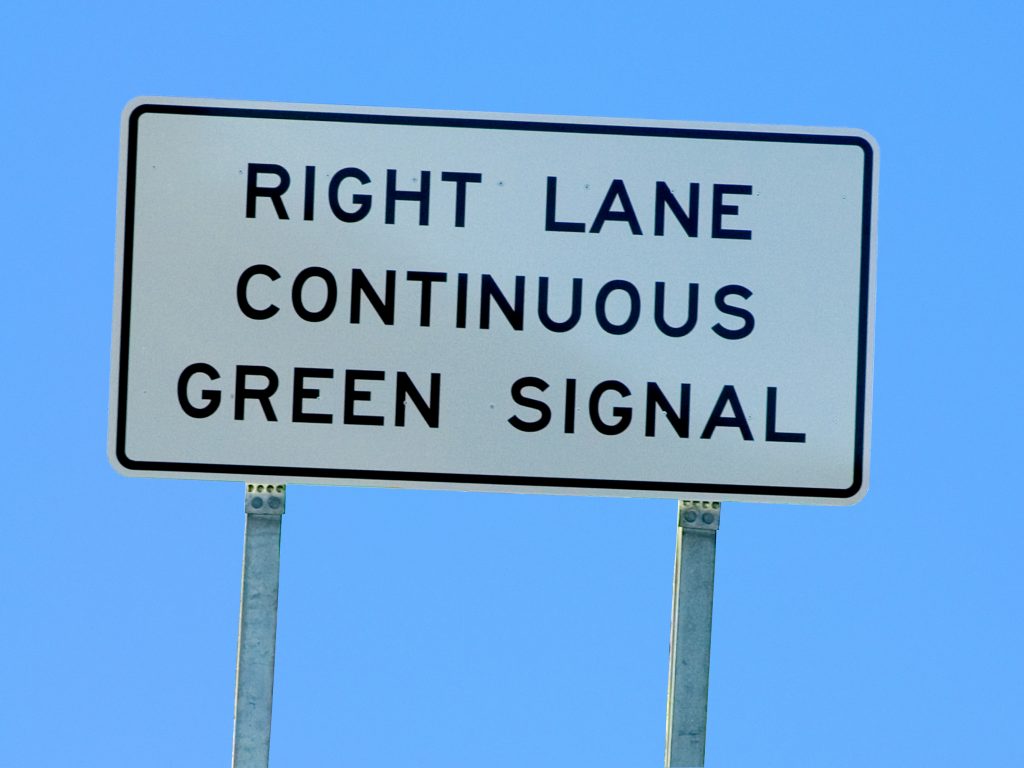 Drivers always have a duty to drive with a standard of care that can ensure the cars immediately around them are safe from a collision. But how far does that duty reach? That was the question when a Parish of Calcasieu man entered the highway from the shoulder which resulted in only the first and second cars behind him to slow down, while a third following car was forced off of the road.
Drivers always have a duty to drive with a standard of care that can ensure the cars immediately around them are safe from a collision. But how far does that duty reach? That was the question when a Parish of Calcasieu man entered the highway from the shoulder which resulted in only the first and second cars behind him to slow down, while a third following car was forced off of the road. 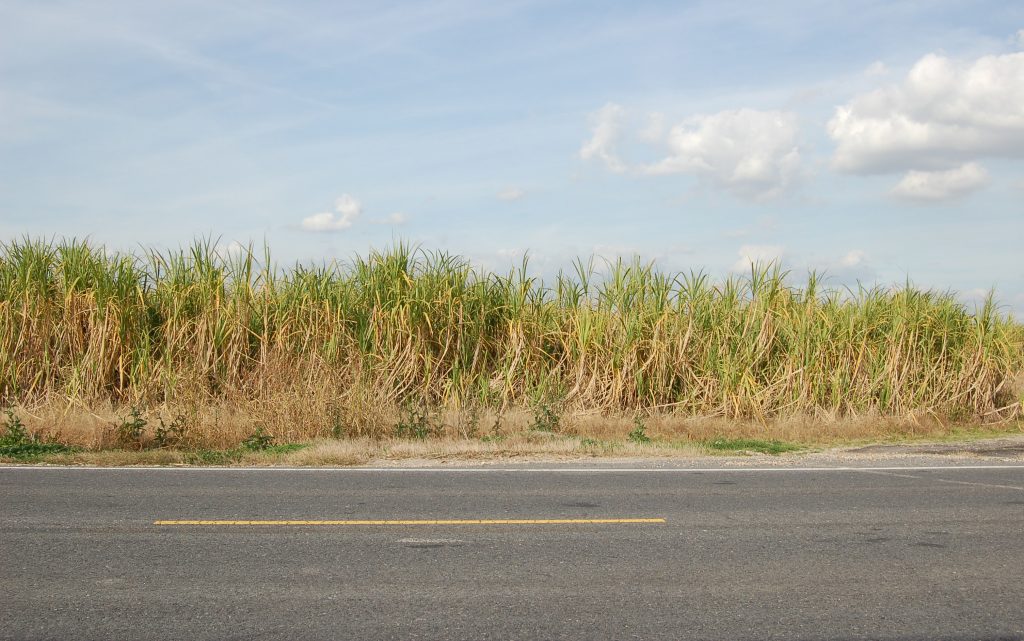 Imagine you are in a car accident, one that is so severe it results in you being airlifted to a hospital. Recovery time is extensive and your mental capacities are foggy at a minimum. While hospital bound, someone other than yourself files a claim for your workers’ compensation benefits. Due to the hospital stay, you receive no notice of the claim or court hearings yet a decision is made denying benefits. The real kicker? All this occurs in a state where you do not live. Sound a tad unjust? Yet this recently happened to a Kaplan, Louisiana man.
Imagine you are in a car accident, one that is so severe it results in you being airlifted to a hospital. Recovery time is extensive and your mental capacities are foggy at a minimum. While hospital bound, someone other than yourself files a claim for your workers’ compensation benefits. Due to the hospital stay, you receive no notice of the claim or court hearings yet a decision is made denying benefits. The real kicker? All this occurs in a state where you do not live. Sound a tad unjust? Yet this recently happened to a Kaplan, Louisiana man. 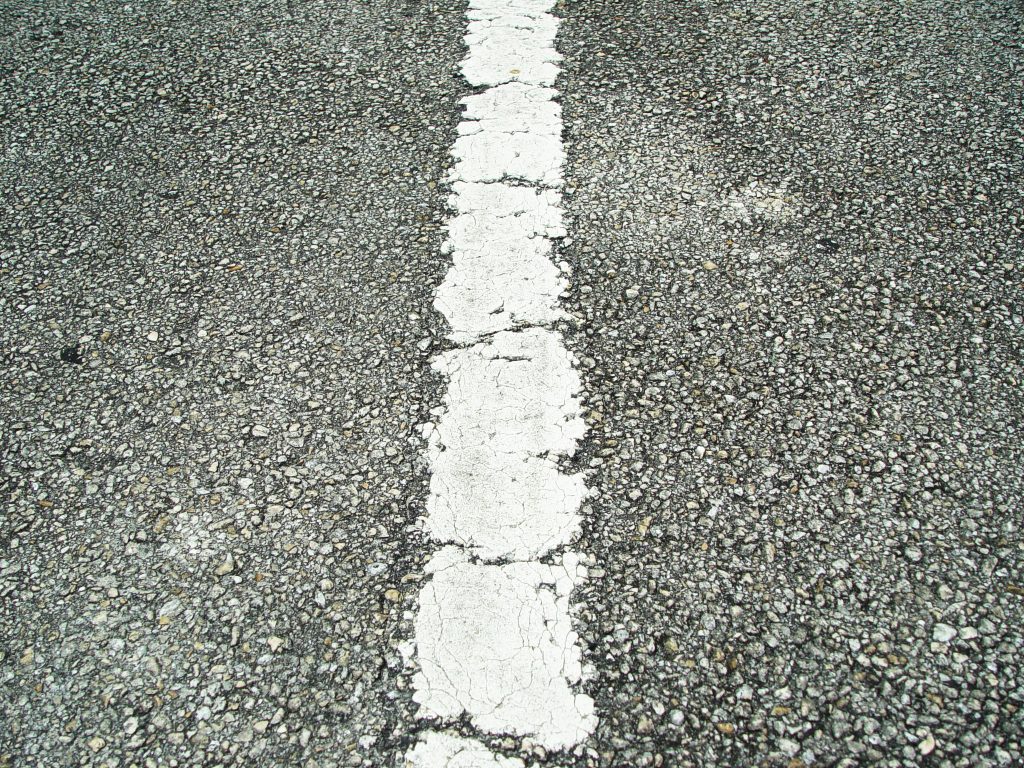 Automobile accidents are an unfortunately common occurrence; becoming increasingly more common with the temptations of texting and social media use while driving. While not all accidents result in life-threatening injuries, they do most often come with at least the headache of assigning fault. Figuring out who was at fault sometimes comes down to a game of “he said, she said” before a judge or jury. And as the Louisiana Fifth Circuit Court of Appeal recently explained, the judge or jury’s interpretation of that game is difficult to reverse.
Automobile accidents are an unfortunately common occurrence; becoming increasingly more common with the temptations of texting and social media use while driving. While not all accidents result in life-threatening injuries, they do most often come with at least the headache of assigning fault. Figuring out who was at fault sometimes comes down to a game of “he said, she said” before a judge or jury. And as the Louisiana Fifth Circuit Court of Appeal recently explained, the judge or jury’s interpretation of that game is difficult to reverse.  When someone dies because of another person’s negligence certain individuals can bring a wrongful death lawsuit against the negligent party. Normally, those who may recover under a claim for wrongful death and survival are limited to a certain class of persons. In such cases, the plaintiff can be the surviving spouse, a surviving child, the decedent’s parents, the decedent’s siblings, or the decedent’s grandparents.
When someone dies because of another person’s negligence certain individuals can bring a wrongful death lawsuit against the negligent party. Normally, those who may recover under a claim for wrongful death and survival are limited to a certain class of persons. In such cases, the plaintiff can be the surviving spouse, a surviving child, the decedent’s parents, the decedent’s siblings, or the decedent’s grandparents. 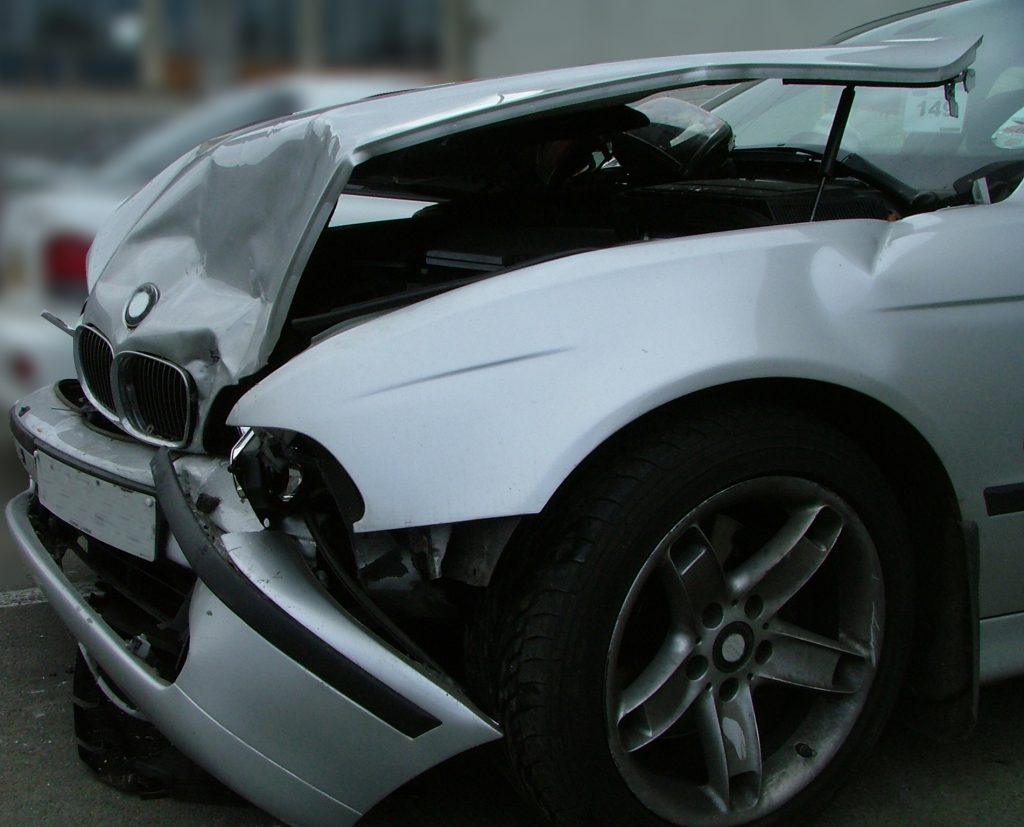 Sometimes judges and juries make mistakes that prevent injured parties from obtaining the relief they deserve. Both judges and juries can be swayed by arguments and make rulings that seem contrary to the weight of the evidence presented at trial. In such a situation, it is important to have an
Sometimes judges and juries make mistakes that prevent injured parties from obtaining the relief they deserve. Both judges and juries can be swayed by arguments and make rulings that seem contrary to the weight of the evidence presented at trial. In such a situation, it is important to have an